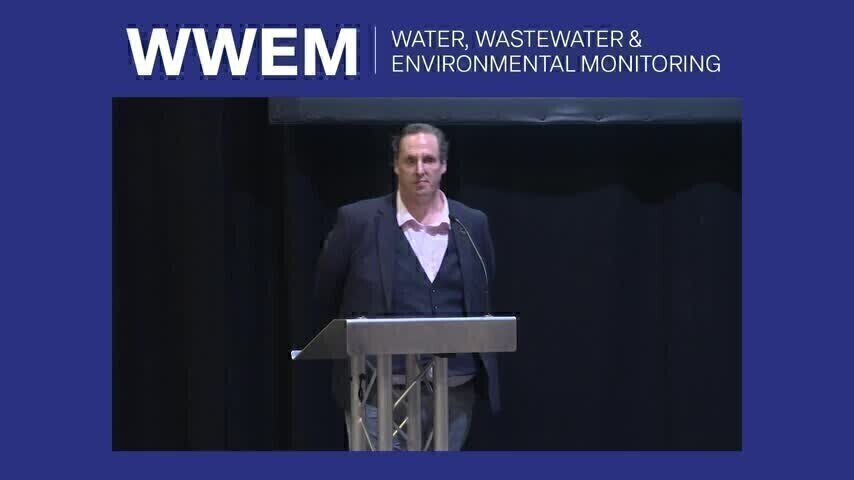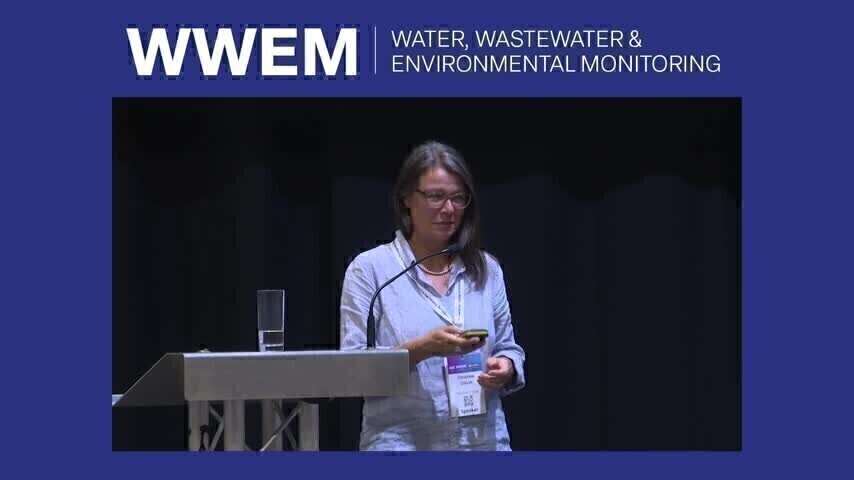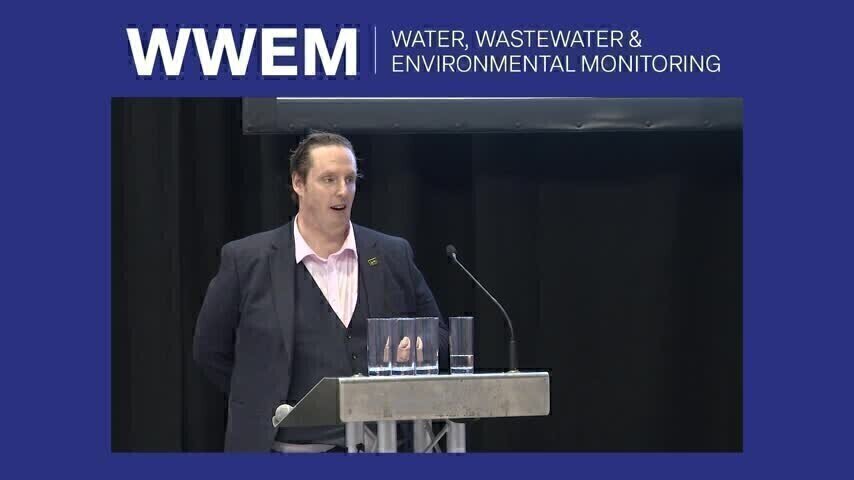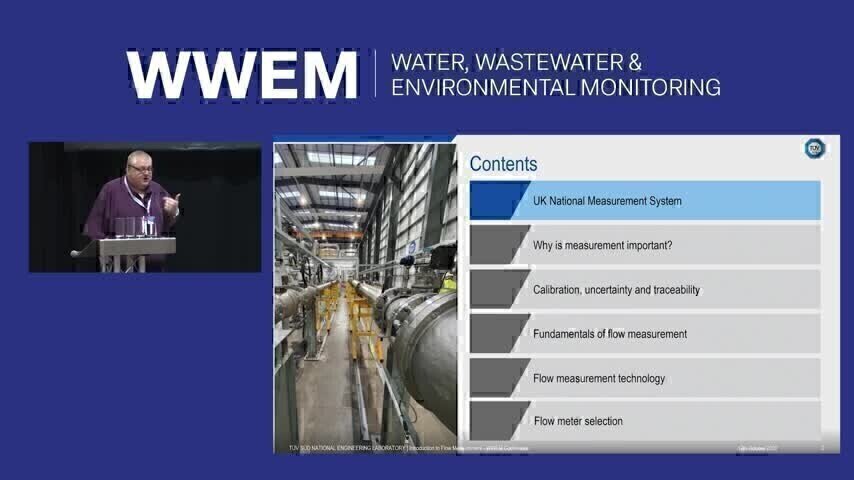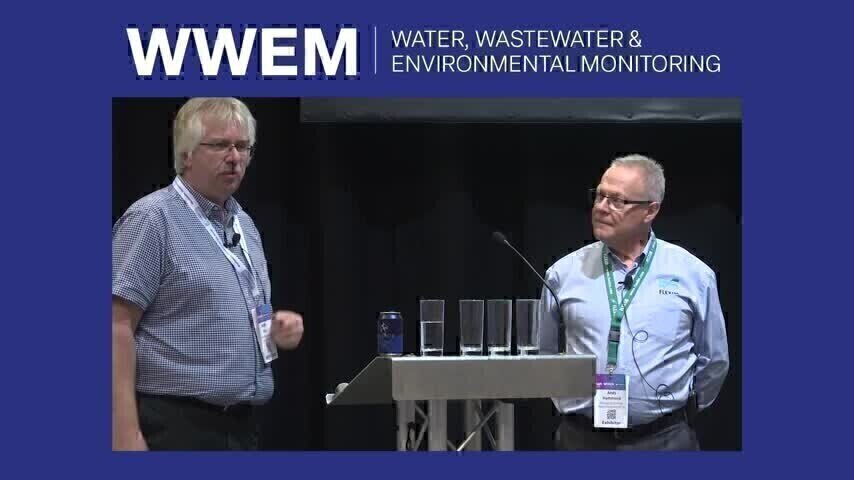E-Learning
Videos
Past Events
Having the support of a data management solution with intrinsic flexibility enables laboratories across all industries to increase productivity and efficiency. As the largest refiner in the U.S., Marathon Petroleum Corporation (MPC) needed a LIMS capable of centralizing the laboratory operations of multiple locations over three North American time zones. At the same time, they needed a system that could meet the unique configuration needs of each site without sacrificing upgradability. In...
From source water to wastewater, this webcast will outline the importance of tracking carbon levels. The ability to obtain carbon data with an online or laboratory TOC analyzer is critical to understanding the effectiveness of a plant’s treatment process and identifying process impurities. SUEZ will share case studies that highlight how laboratory and online TOC analysis can be utilized to drive optimal performance.
Gas chromatography with sulfur chemiluminescence detection (GC-SCD) is one of the most power analytical techniques for speciating and quantifying sulfur compounds in gases and volatile liquids. This technique is particularly useful for hydrocarbon sample matrices in which the presence of sulfur may present processing problems or needs to be known for regulatory purposes. Despite the utility of GC-SCD, the technique is known for its challenges, such as complications with sensitivity, selectivi...
The ability to accurately determine organic loading and organic removal efficiencies go beyond regulatory compliance requirements. By acquiring real-time organic data at upstream treatment steps, immense opportunities to optimize a WWTP’s performance exists. Using TOC data to monitor early treatment steps, empowers operators with the knowledge to make critical process decisions. Decisions that if not made in a timely matter, would lead to an inability to manage varying wastewater influent a...
Organic load is one of the most important parameters for discharge control of municipal and industrial wastewater. Permissible limits are guided through regulations and must be monitored accordingly. However, further opportunity to optimize plant performance exists by monitoring organic loading in upstream treatment processes. The use of on-line controls allows limit values to be adhered to, products to be saved, and plants to be protected against unforeseen events. Total Organic Carbon (T...
Methane emissions are responsible for about 25% of current global warming and the oil and gas sector is one of the largest anthropogenic sources of methane. The IPCC, in its “Special Report on Global Warming of 1.5 degrees”, noted that emissions of Short-Lived Climate Pollutants like methane and black carbon need to be reduced by 35% or more by 2050 to stay below the 1.5 degrees target, while the International Energy Agency identified upstream methane emissions as one of the most importan...
Switching from coal-fired to gas-fired electricity generation is a way to reduce carbon dioxide emissions, as life cycle emissions of CO2 are less from gas power stations than coal. However, if methane emissions are also considered, the picture becomes less clear-cut, as the literature shows a large variability in upstream fugitive methane emissions. In some cases, there may be more upstream methane emissions from gas-fired electricity generation, however this does not overwhelm the benefits...
In-situ measurement of emissions (such as methane and ethane) from offshore oil and gas platforms is difficult, and limited, due to logistical problems. However, information about such emissions is vital to both the oil and gas industry and environmental monitors. In context, the energy supply sector was responsible for 11% of the UK's methane emissions in 2016. Starting with the Elgin uncontrolled leak in 2012, the UK National Centre for Atmospheric Science (NCAS) has made repeated airbor...
"The Alberta Energy Regulator (AER) ensures the safe, efficient, orderly, and environmentally responsible development of oil, oil sands, natural gas, and coal resources over their entire life cycle in the western Canadian province of Alberta. We regulate over 80 per cent of Canada's petroleum industry including 422,000 kilometers of pipeline, 170,000 producing wells, and over 50,000 oil and gas facilities. The AER created new regulations to reduce methane emissions from the upstream oil an...
"Quantification and localisation of methane emissions at facility scale such as landfills, poultry farms and oil and gas facilities is important to establish effective mitigation policies. Enhancing accuracy in source attribution at shorter temporal scales supports emission reduction from industrial activities. However, carrying out accurate quantification of emission at facility scale is not a trivial task. Given the spatial extent, time and labour consuming surveys are necessary. Punctua...
Digital Edition
AET 28.3 September 2024
September 2024
Business News - ENVEA announces acquisition of APAQ Group - SICK and Endress+Hauser sign strategic partnership - Efforts to curb gas flaring intensify amid environmental concerns Air Monito...
View all digital editions
Events
Oct 23 2024 Lima, Peru
WEATHER • CLIMATE • WATER / EARTH OBSERVATIONS / GREEN ECONOMY
Oct 29 2024 St. Petersburg, Russia
Oct 30 2024 Hong Kong
Nov 05 2024 Toronto, Canada
Nov 05 2024 Rimini, Italy
